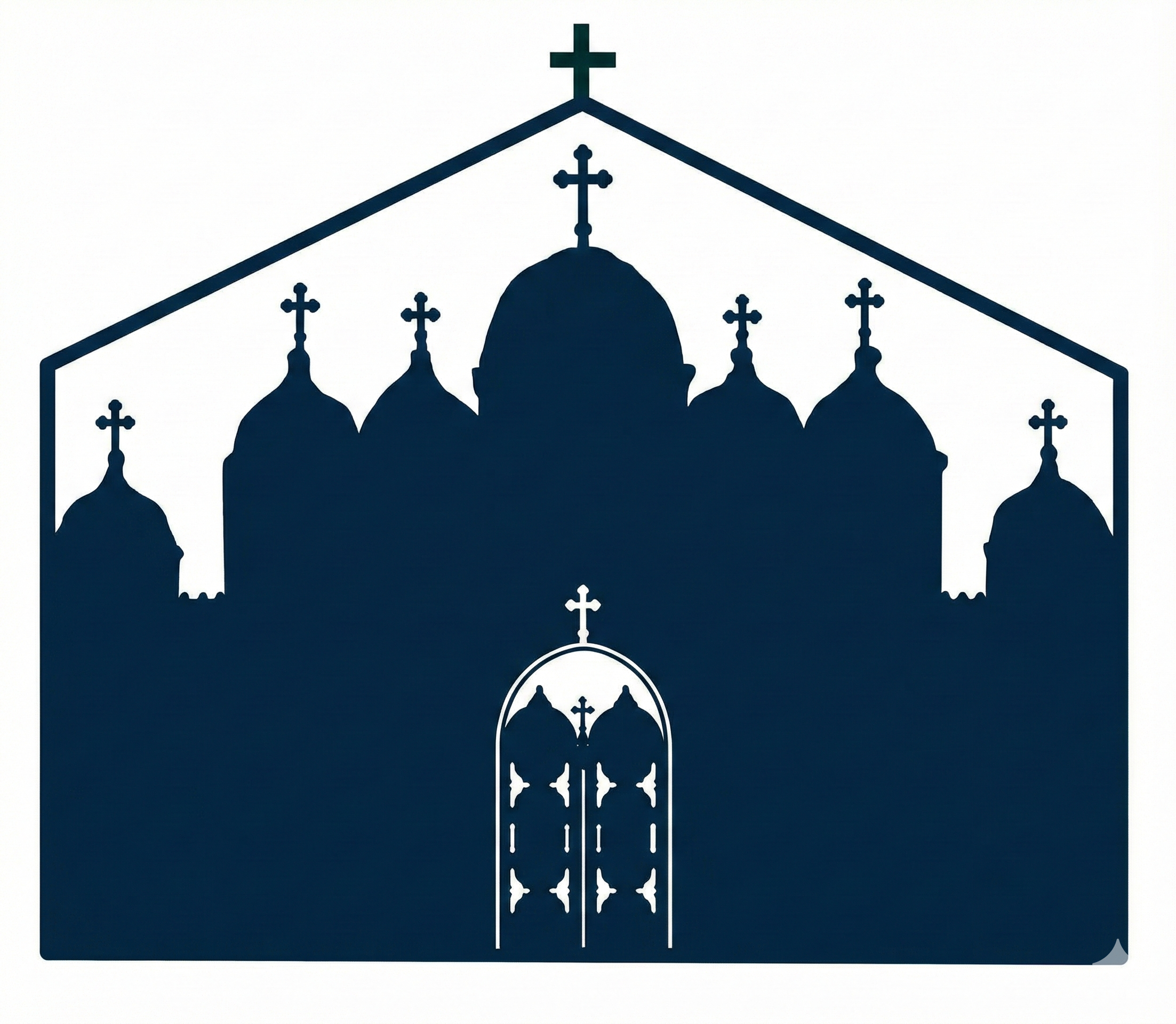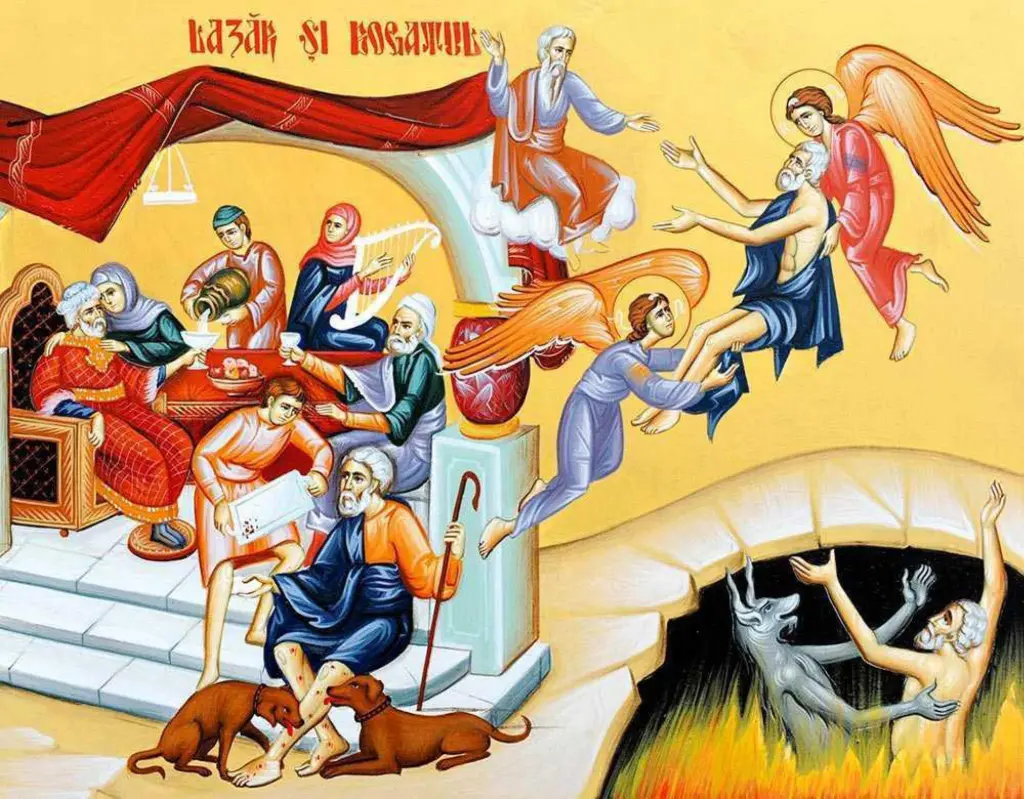Luke 16:19-31 2024/11/3 Osaka Church
In the name of the Father, and the Son, and the Holy Spirit
A rich man lives a life of luxury and leisure every day. Meanwhile, at the entrance to the rich man’s house, a beggar named Lazarus lies, covered with boils all over his body, so weak that he cannot chase away the dogs that come to lick the pus from his body. He is waiting for something to be given to him. However, the rich man is completely indifferent to Lazarus and does not even chase him away. Eventually, both Lazarus and the rich man die. Lazarus is put into heaven. The rich man falls into hell, where he is burned by the blazing fire, and begs Abraham, who is looking down from heaven. “Please send Lazarus here so that he can cool my tongue with cold water.” Abraham answers. “You had a good life, but you did not give him even a crumb of bread when he was starving… and a great gulf now exists between us and you, so that we cannot pass this distance anymore.”
This story is often preached as a warning that even if you have more than enough, if you do not have compassion on the poor and your neighbors in need and help them, you will suffer unbearable suffering in hell after you die, but let’s dig a little deeper.
Lazarus is a hungry man who begs for food. The rich man has enough. So he does not beg or ask for food. He did not help others, but he did not do anything bad either. He was simply merciless. He simply enjoyed the wealth he earned as he pleased. He was sent to hell not for anything he did; perhaps he did not do anything “bad.” And Lazarus was sent to heaven not for anything he did, perhaps he did not do anything “good.” The two men were the same in that they had not done anything, but the results were completely opposite. What is the reason for this difference? It would be enough to end the sermon with something like, “The rich man was punished because he was ruthless”. Ah… “A cheap drama about good triumphing over evil.”
But let’s remember again here. Lazarus was a beggar, a hungry man who begged for food. The rich man was content; he did not hunger, did not beg, and did not ask. Do you understand? We must not forget that Christ teaches us this:
“He makes his sun to rise on the evil and on the good, and sends rain on the just and on the unjust” (Matthew 5:45).
“Sun” and “rain” are both God’s graces that are essential to our lives. They are gifts of God’s love. They are poured out on everyone. The Lord also teaches us: “Ask, and it will be given to you” (Matthew 7:7). Those who hunger for God and beg for God’s love are accepted by God. On the other hand, those who are self-satisfied, consider themselves righteous, and do not seek God cannot be accepted by even God, even if they want to. There is a “great gulf that we cannot cross even if we want to.”
The Church speaks of our salvation as “being declared righteous by God” or “being placed in a right relationship with God.” This does not mean that we have not rebelled or violated any of God’s commandments, or that God “sees” us that way, but that we are “placed in a right relationship with God’s ‘love,’ that is, in fellowship.” It means that we are transformed into people who respond to God’s love with joy and gratitude. To believe in Christ is to believe that God’s love has been shown to us, who are, so to speak, “covered all over with boils,” through the person of Christ. It is to receive that love and begin to live by that love. Those who know that love cannot help but respond to it with love. We cannot allow ourselves to be indifferent or cruel to those we live with and meet. If we are to be grateful to and love the one who, although God, became man and gave up his life on the cross for mankind, then we cannot help but desire to become at least a little like that one, that one who is love.
This is extremely difficult for us weak, sinful humans.
But we no longer fear making mistakes, because we believe in the Lord’s forgiveness and that He is always with us to help us.

